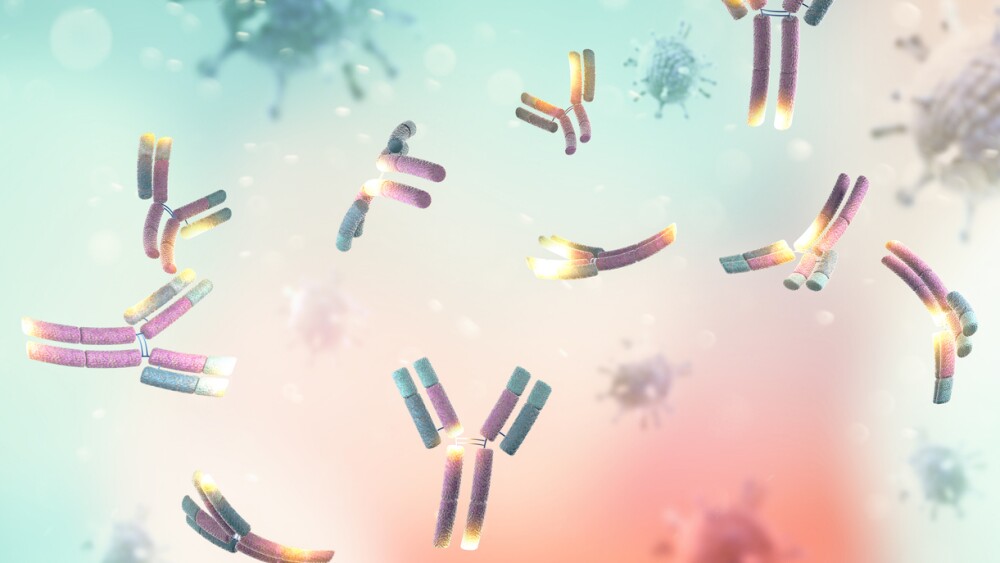Stanford Medicine announced today that it will be participating in the ongoing Phase 3 clinical trial of NOVOCART® 3D, an investigational autologous chondrocyte transplantation system designed to treat articular cartilage defects of the knee
|
CENTER VALLEY, Pa., April 6, 2021 /PRNewswire/ -- Stanford Medicine announced today that it will be participating in the ongoing Phase 3 clinical trial of NOVOCART® 3D, an investigational autologous chondrocyte transplantation system designed to treat articular cartilage defects of the knee. Seth L. Sherman, MD will serve as the primary investigator at the site, evaluating the efficacy and safety of NOVOCART 3D as compared to microfracture in the repair of articular cartilage damage of the knee. Articular cartilage is a highly specialized tissue that covers the ends of bones in all articulating joints of the body such as the knee. Damage to cartilage through trauma can be extremely painful for patients, and the condition can be chronic due to the limited capacity for cartilage to heal. The current standard of care is surgical removal and cleaning of the defect, followed by microfracture, the drilling of small holes in the bone under the cartilage to form a blood clot within the defect which in turn helps promote growth of new cartilage. NOVOCART 3D offers a potential alternative to regenerate cartilage with the patient's own cells. In the NOVOCART 3D clinical trial, a small sample of the patient's healthy cartilage tissue is harvested arthroscopically and sent to the cell manufacturing facility for processing. The cartilage cells are isolated, grown in a culture, placed onto a sponge-like device and shipped back to the surgeon for implantation into the damaged knee cartilage. Once implanted, new cartilage tissue grows and fills the damaged area, replacing the defect with the patient's own fully functional cartilage tissue. NOVOCART 3D is approved for sale and marketing in Europe and has been implanted in over 16,000 patients since 2003 where it has been shown to provide significant clinical improvement in knee pain and function. The multi-center, prospective, randomized, partially blinded clinical trial is the pivotal study to confirm the clinical benefit of NOVOCART 3D for its intended use in patients who have had inadequate response to conservative treatment. The results of the study will serve as the basis to bring NOVOCART 3D to the U.S. from Europe. "We are excited that Stanford Medicine and Dr. Sherman will be helping to bring this innovative product to market to help patients suffering from articular cartilage damage of the knee," said Robert C. Spiro, PhD, Sr. Vice President, Aesculap Biologics. Seth L. Sherman, MD is an Associate Professor of Orthopedic Surgery at Stanford University. He is Board certified and fellowship trained in sports medicine. Dr. Sherman serves as Sports Medicine Fellowship Director and as Head Team Physician for Stanford Cardinal Football. Learn more about Dr. Sherman and his subspecialty and research interests at www.SethLShermanMD.com. Sub-investigator for NOVOCART 3D at Stanford Medicine is Dr. Geoffrey Abrams. Dr. Abrams specializes in sports medicine surgery including complex knee, shoulder and elbow cases. If you are between 18 and 65 years old, are suffering from pain in only one knee and can provide informed consent, then you may be eligible for this study. Those interested in participating in the NOVOCART 3D study can learn more by visiting clinicaltrials.gov (NCT01957722). Prospective patients can also obtain additional information by calling the patient assistance line at 844-395-4590. About NOVOCART 3D About Stanford Medicine
About Aesculap Biologics, LLC Aesculap, Inc., a B. Braun company, is part of a 180-year-old global organization focused on meeting the needs of an ever-changing healthcare community.
SOURCE Aesculap Biologics |





